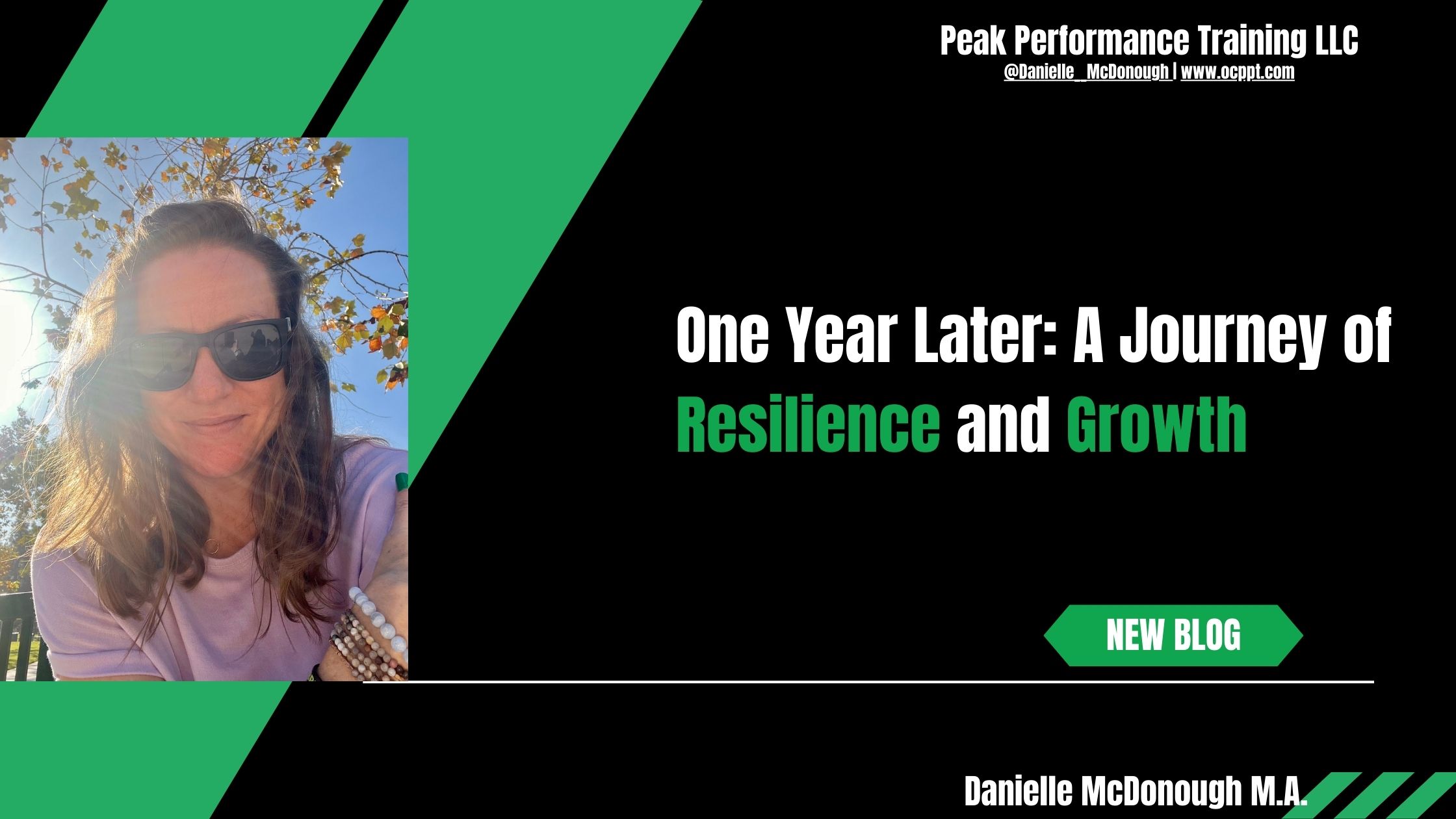
One Year Later: A Journey of Resilience and Growth
Jan 21, 2025One Year Later: A Journey of Resilience and Growth
January 22, 2025 marks one year since I underwent a hysterectomy and oophorectomy—a decision driven by a strong family history of ovarian cancer, genetics, and the desire to take control of my health. Testing positive for the BRIP1 and ATM mutations meant my risk of developing ovarian and breast cancer—two of the deadliest cancers for women—was significantly increased. For me, the choice was clear. I wasn’t willing to gamble with my life or my future.
What I didn’t fully grasp at the time was how this decision would transform not just my body, but my mindset, lifestyle, and emotional well-being.
Walking into surgery, I was a healthy 40-year-old woman with a 5-year-old and a 2-year-old at home. Walking out, I was thrust into full-blown menopause. Overnight, my body became a battlefield for symptoms I didn’t expect to face all at once:
- Hormonal acne that was/is painful and stubborn.
- Anxiety attacks that seemingly came out of nowhere. (I had never experienced one before, and they would wake me up in a panic in the middle of the night).
- Weight gain and the sudden realization that my “eat anything and be fine” days were over.
- Severe mood swings, snapping at my kids, and nit-picking my husband more than I’d like to admit.
- Migraines, brain fog, and crushing fatigue.
- Hot flashes, night sweats, and sleepless nights that felt never-ending.
- Navigating hormone replacement therapy (HRT) has been a journey of trial and error. Finding the right balance was far from straightforward, and it required patience, adjustments, and collaboration with my healthcare team. Each adjustment brought new challenges, but it also taught me to advocate for myself and trust the [still ongoing] process.
This past year has been a lesson in adaptation, humility, and resilience.
💡 Building a Strong Foundation of Resilience
If I didn’t already have tools for mental resilience, I can honestly say this year would have been so much harder. Those tools didn’t take the challenges away, but they gave me a way to face them without crumbling.
- I leaned on deep breathing and mindfulness practices when anxiety felt overwhelming.
- I adjusted my self-talk, learning to be gentler and more forgiving with myself.
- I got creative with my routines, pivoting when things didn’t go as planned.
- I overhauled how I think about food—not as something to restrict or punish myself with, but as fuel for my body and mind.
Reprogramming my mindset has been one of the hardest and most rewarding parts of this journey. It’s not unlike the mental work I teach my athletes: you can’t control every obstacle life throws at you, but you can control how you respond. And that response is so much easier when you have a strong mental foundation in place.
✨ New Lessons, New Strength
This year has taught me to show up for myself in ways I didn’t think were possible. It has reminded me that resilience isn’t about pushing through without struggle—it’s about being able to adjust, to adapt, and to get back up every single time.
If you’re facing something hard—whether it’s a health challenge, a career pivot, or a personal hurdle—I hope this serves as a reminder that the work you do to build your mental foundation matters. Because when life throws the unexpected your way, those tools can be the difference between survival and strength.
Resources and Tools
For those navigating similar challenges, I’ve linked some resources that helped me:
- Mindfulness techniques for anxiety
- How to introduce mindfulness to kids
- Nutrition tips for menopause
- And a GREAT book that gives tips and actionable steps to take on all things related to menopause: Generation M: Living Well in Perimenopause and Menopause by Dr. Jessica Shepherd
What About You?
Have you faced a similar challenge or leaned on resilience tools in tough times? I’d love to hear your story in the comments. Let’s create a space to support and inspire one another.
Here’s to a year of challenges, growth, and resilience 💪
